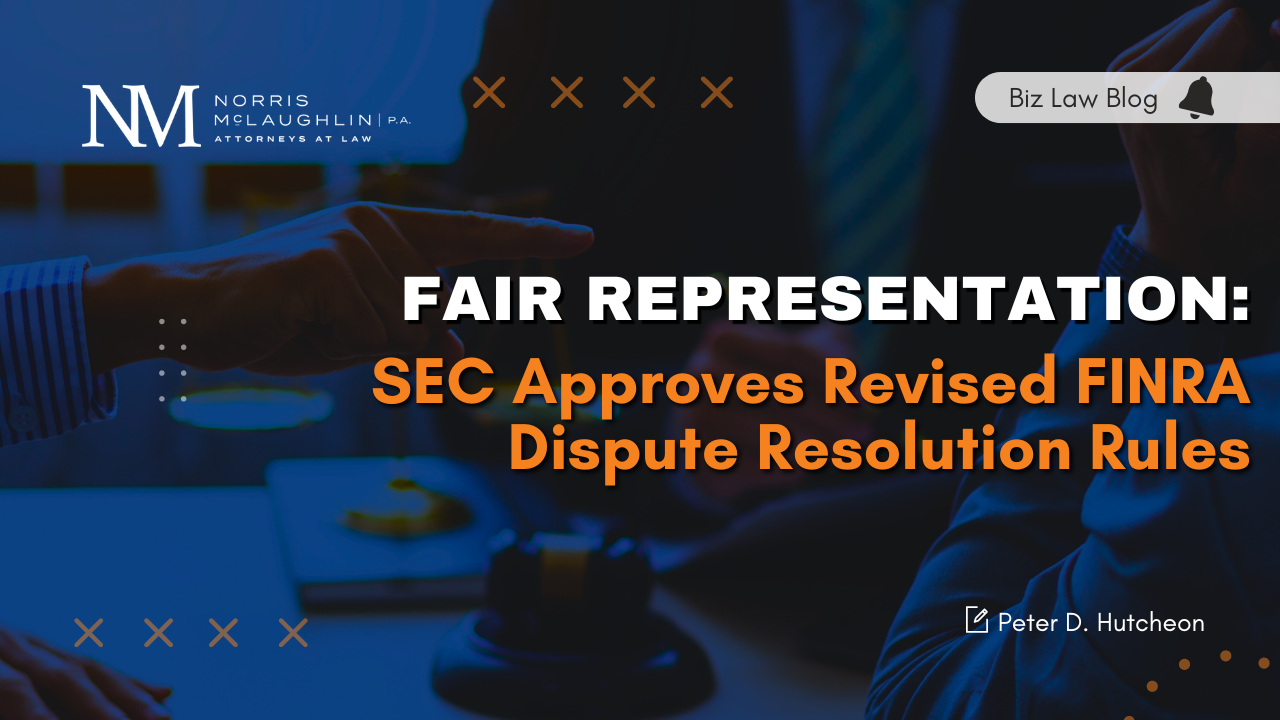The Expanding Scope of the Committee on Foreign Investment in the United States
In 1975, President Gerald Ford, by Executive Order, created an interagency committee, the Committee on Foreign Investments in the United States (“CFIUS”), to review national security implications of investments by foreigners in U.S. businesses. CFIUS is chaired by the Secretary of the Treasury.
Since 1975, various Congressional enactments have expanded the scope of CFIUS’s responsibilities and successive presidents have named additional officials as members of the Committee. The passage of Foreign Investment and National Security Act of 2007 gave CFIUS statutory recognition and the president statutory authority to suspend or prohibit foreign acquisition transactions due to national security concerns.
Until August 2018, the power of CFIUS was primarily reactive, infrequently addressing pending transactions. Moreover, CFIUS’s jurisdiction applied only to transactions where a foreign person acquired control of a U.S. business. That changed with the enactment of the Export Control Reform Act of 2018 (“ECRA”) and of the companion Foreign Investment Risk Review Modernization Act (“FIRRMA”). The goal of these new laws is to better protect U.S. technology, infrastructure, and sensitive information from foreign interests that might threaten national security by creating a preclearance regime and greatly expanding the types of transactions subject to CFIUS review.
Under ECRA, an interagency process led by the Secretary of Commerce is to (i) identify and (ii) control the export, reexport, and/or transfer of “…emerging and foundational technologies…” [essential to national security and not already covered by U.S. export control laws]. On November 19, 2018, the Department of Commerce published an Advance Notice of Proposed Rulemaking requesting submissions to identify the “emerging technologies” to be covered by new export control regulations. The Commerce Department will also seek to define “foundational” technologies, which will then be subject to enhanced export control restrictions.
On October 10, 2018, CFIUS issued interim regulations under FIRRMA that created a Pilot Program, effective November 10, 2018. Under the Pilot Program, CFIUS can consider national security risks posed by a foreign investment in the United States regardless of where the investment originates or who is the ultimate owner of the relevant U.S. business (subsidiary, joint venture, affiliated entity). The Pilot Program identifies relevant industry sectors including: defense and defense-related industries; computer storage; device manufacturing; electronic component manufacturing; alumina refining and primary aluminum production; optical instrument and lens manufacturing; basic inorganic chemical manufacturing; petrochemical manufacturing; powder metallurgy parts manufacturing; power, distribution, and specialty transformer manufacturing; primary battery manufacturing; radio, television broadcasting, and wireless communications equipment manufacturing; research and development in nanotechnology; research and development in biotechnology; semiconductor and related device manufacturing; and telephone apparatus manufacturing. These regulatory identifications of sensitive businesses, which include specific examples, provide important guidance in considering whether a proposed transaction may fall within the ambit of CFIUS.
That ambit is now the subject of a new procedural requirement. Under the Pilot Program, unless the parties to a proposed transaction file a formal notice with CFIUS seeking its review of the transaction, the parties to a transaction that may be covered must file a declaration with CFIUS 45 days before the transaction is completed. CFIUS must act within 30 days. It may request that the parties file a formal notice; inform the parties that the declaration is insufficient; initiate a formal review; or clear the transaction. However, a transaction cleared on the basis of a declaration is not protected from later adverse CFIUS regulatory action. Failure to file a required mandatory declaration may result in civil money penalties up to the value of the transaction and the transaction may be enjoined.
The regulatory ambit of CFIUS under the Pilot Program is, as noted, far wider than it was previously. Until FIRRMA, investments within CFIUS’s jurisdiction were transactional in which a foreign person acquired control of a U.S. business. Under FIRRMA and the Pilot Program, “covered transactions” extends to “investments” not necessarily involving an acquisition of control. The investments may be debt financing, licenses, or other relationships. These transactions are subject to CFIUS if the foreign investor:
- gains access to material non-public technical information in possession of the U.S. business;
- gains membership OR observer rights on, or the right to name someone to the board of directors or equivalent governing body of the U.S. business; or
- obtains any involvement (other than voting shares) in the decision process of the U.S. business regarding the use, development, acquisition, or release of critical technology.
In effect, anyone dealing with a transaction involving a foreign person or entity must consider the possibility that the transaction will require filings with CFIUS and satisfaction of its regulatory concerns. Indeed, clients with businesses that may possess non-public technical information will want to look carefully at any proposed due diligence request from a foreign person or entity, lest that diligence process itself come within the CFIUS ambit. ECRA and FIRRMA seek to protect not just technology and sensitive information from foreign access or acquisition, but also sensitive U.S. infrastructure or properties. Under FIRRMA (although not included in the Pilot Program interim regulations) a “covered transaction” includes (with some exceptions) the purchase or lease by, or a concession to, a foreign person of private or public real estate that:
- is located in the U.S.; AND
- is, or is located within, or will function as part of, an air or maritime port; OR
- is in close proximity to a military installation or Government property that is sensitive for national security reasons; OR
- could provide a foreign person the ability to collect intelligence on activities being conducted at such installation or property; OR
- could otherwise expose national security activities at such installation or property to foreign surveillance.
So, for example, foreign investment in an engineering firm with particular expertise in water and/or wastewater management technologies might well require CFIUS review. And what of a mundane real estate transaction involving financing by a foreign person for a warehouse at a regional airport, near a military base, or adjacent to a key substation on the electrical grid? The time to consider these issues is BEFORE beginning a transaction.




